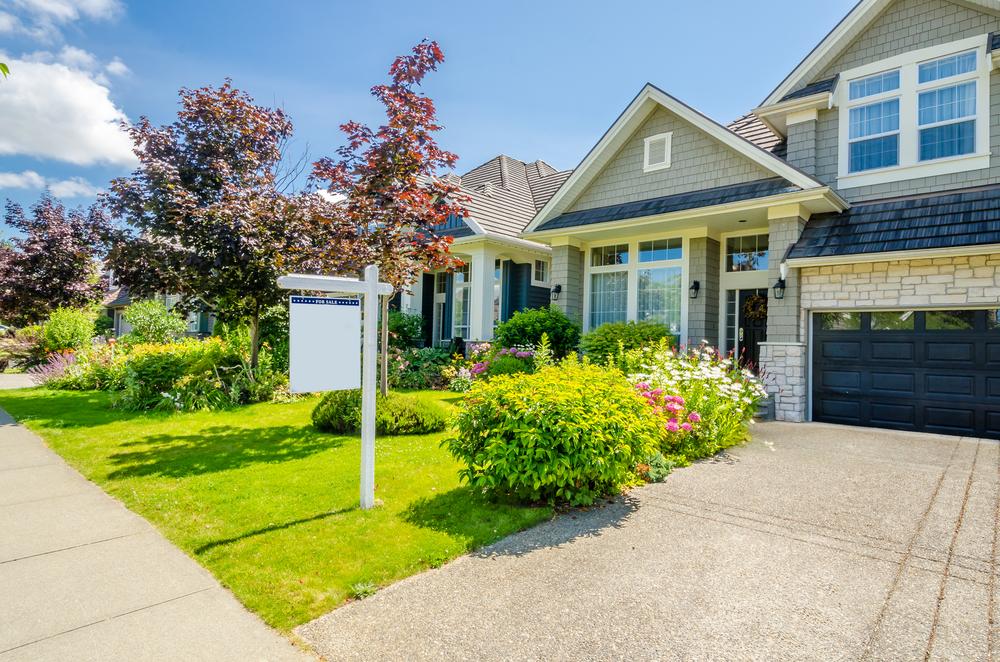Everything You Need To Know About Low-Income Apartments
Low-income apartments are apartments rented at subsidized rates. They help low-income families and those facing financial hurdles find affordable housing. One’s household income has to be below a certain threshold to be eligible for such rentals. The apartments are either owned by a private entity or the city administration. Owners charge a lower rent and receive the remaining amount from the government as a subsidy from a state or a federal tax credit.

Who runs a low-income apartment?
- People with low income, disability, or seniors are all eligible for help from the country’s Department of Housing and Urban Development (HUD).
- HUD doesn’t own a rental property but gives money to those who in turn provide it with a house.
How many types of program are there?
The affordable low-income apartment come under three categories they are as follows:
- Privately owned apartments – For this type of apartments, the landlords offer reduced rents for low-income tenants.
- Public housing apartments – The low-income individuals are kept on a waitlist until a low-income apartment is available for housing.
- Housing Choice Voucher Program (HCVP) – In this program, one can find a rental property and use the voucher to pay for the whole or part of the rent.
What is considered low income in the country?
- The term “low-income” refers to a family whose taxable income for the preceding year did not exceed 150% of the poverty level amount.
- A person is considered a “low-income earner” if he or she earns at or no more than 199% of the poverty level.
- The eligibility is decided by the local Public Housing Agency. It is based on an individual’s annual gross income, the family size, citizenship or immigration status, any disability, age, and other factors.
- Essentially, your family’s income may not exceed 50% of the median income of the county or metropolitan area.
What are the steps to apply for the HCVP?
- One needs to contact their local Public Housing Agency(PHA), where he or she will be given further assistance in the matter.
- One needs to fill out a written application and take a PHA representative’s help, if necessary.
- Based on the information provided, the PHA will determine the family size, the income, and the assets.
- PHA further check with local agencies, the individual’s bank, and employer if one is eligible for the program and how much assistance one can be given.
- Assistance from PHA helps one afford a moderately-priced rental in the individual’s proposed area.
- The rental you have chosen must meet the health and safety standards before PHA can approve the unit.
- Once approved for the voucher and a rental is found, the PHA inspects the place before signing the lease to be sure it’s worth the price.
How to know the status of your application?
- Once qualified by the PHA as an eligible candidate for the HCVP, the PHA puts the individual’s name on the waitlist.
- They will contact the individual when it is his or her turn to receive the voucher.
What are some important factors to know about a low-income apartment?
- Demand for housing assistance is greater than that of the resources available. One might need to wait a long time to get on the list.
- Being approved for a housing choice voucher in one city, state, or county doesn’t guarantee an approval in the other.
- Even if an individual is ineligible for these benefits, the agency might be able to provide him or her with referrals to community organizations that might be able to help him or her with it.
- One can also contact local community and non-profit organizations in the area for help and referrals.
- The HUD and the Department of Veterans Affair (VA) combine their efforts to provide housing for homeless veterans.
- There are special programs for the senior citizens and rural housing services that run parallel to the HUD.
How long can one live under a public housing agency?
- There is no time limit per se. But with areas with high demand for housing, the waitlist is closed to keep the families from waiting for a house that is not available.
- Though, in some areas, the wait time is three to five years.